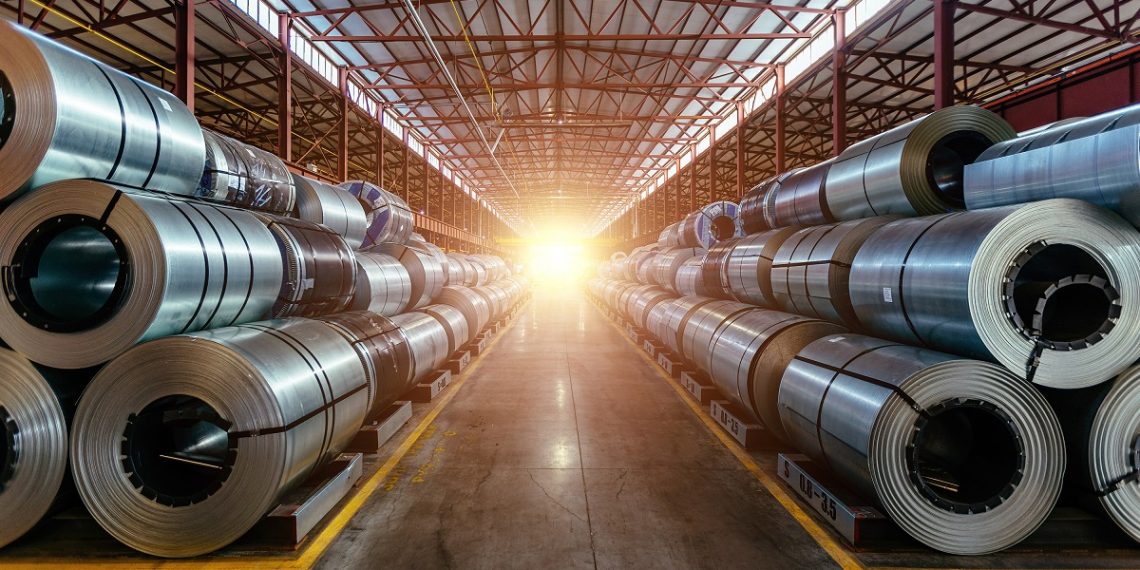According to the International Energy Agency (IEA), the global steel industry contributes around 10% to global greenhouse gas emissions from energy and industry.
Now, ResponsibleSteel has launched the International Production Standard Version 2.1 to drive down global steel emissions and improve standards across the steel supply chain. Developed with ResponsibleSteel members and stakeholders from across the steel value chain, Version 2.1 strengthens ResponsibleSteel’s progress level requirements for responsible materials sourcing and climate change and greenhouse gas emissions.
The new Standard provides the steel industry with a technical framework to achieve net zero and allows producers to demonstrate tangible progress not only on decarbonization but across other key environmental and social issues such as biodiversity, water stewardship, pollution, labour rights, and more.
Gerry Tidd, chairman of ResponsibleSteel, commented, “The ResponsibleSteel International Production Standard is the result of extensive development and stakeholder input and has been widely endorsed by highly respected organizations such as the International Energy Agency. We have listened to feedback from across the steel industry, civil society, and others and updated the Standard to ensure it is both effective and workable. We are proud to launch Version 2.1 of the industry’s most robust, high-quality standard – one that is built on a foundation of integrity and transparency.”
Steelmaking sites globally are already making progress. ResponsibleSteel has over 80 sites in 19 countries certified according to the International Production Standard’s core requirements. With the revisions incorporated in Version 2.1, steelmakers are now set to pursue the next stage on ResponsibleSteel’s certification journey: certified steel.
Steelmakers who meet the amended progress level requirements will for the first time be able to label and market their products as ResponsibleSteel certified. “This will give steel buyers – all the architects, automakers, builders, and manufacturers – confidence that the steel they are procuring has been produced responsibly following a credible independent assessment.” Mr Tidd said.
Annie Heaton, CEO of ResponsibleSteel stated, “An increasing number of players have opinions about what so-called ‘green steel’ means. The ResponsibleSteel International Production Standard provides a clear, credible, and consistent way to define it not only by providing a fair and universal benchmarking system for low-emissions steel globally but by charting a roadmap towards responsible steelmaking every step of the way.”
She continued, “We must also remember that truly responsible steelmaking goes beyond mitigating carbon, to other environmental and social impacts, including the rights of the millions of people working in the industry and across the supply chain as well as local communities.”
Now is the time for steel makers to ramp up the pace to meet the goals of the Paris Agreement and the UN Sustainable Development Goals by meeting the progress level requirements of the ResponsibleSteel International Production Standard Version 2.1. This will result in a universally consistent, credible market for responsible low-emissions steel.
To find out more, please visit https://www.responsiblesteel.org/












